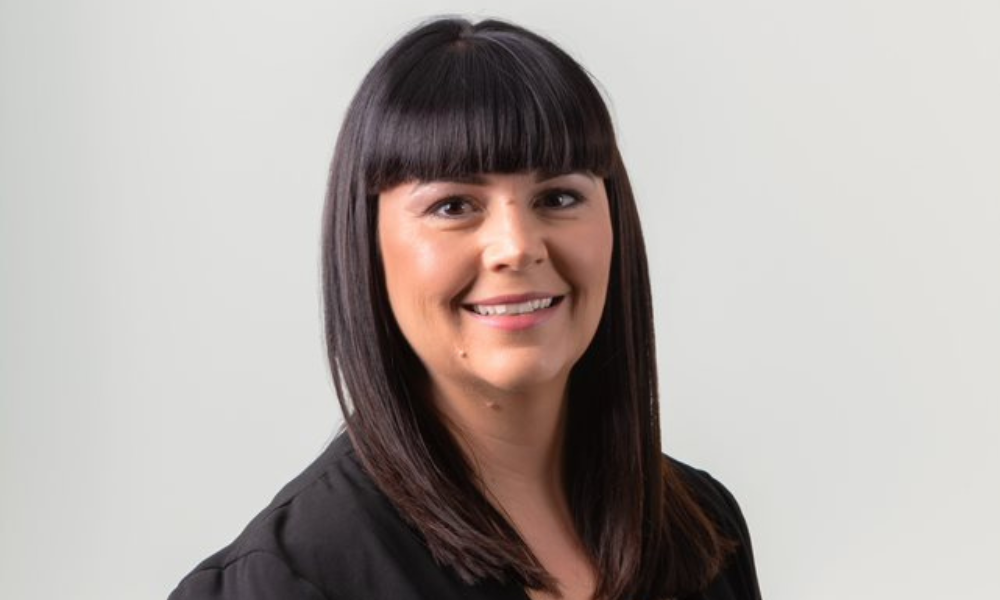
Douglas Pharmaceuticals CPO Ceri Rowland on chemistry of teamwork

Every employer wants a happy workforce. When you make drugs and supplements, that corporate mantra extends to your workers’ and customers’ vim and vigour.
“Our belief is that happy, healthy people deliver sustainable high performance,” says Ceri Rowland, chief people officer at Douglas Pharmaceuticals, and one of The Best HR Executives in Australia and New Zealand.
“You’ll hear me talk about that a lot. I absolutely believe in that – it is our number one priority.”
Along with a manufacturing facility and corporate office, Douglas’s Auckland HQ includes an R&D facility. The payroll includes about 570 employees in New Zealand, 111 in Fiji – another manufacturing centre – and a small team in the United States.
The firm has partnerships with universities around the world and commercial partnerships particular to various products and markets. About 80% of product is exported, with the United States a major customer.
Rowland said a recent low level of recruitment reflects strong headwinds in the pharmaceutical sector.
“We haven’t downsized, but we’ve certainly remained stable. As we look to build on the offering around CDMO and CMO [contract development and manufacturing and contract manufacturing] then, yes, we will resource up for those requirements.”
Drug companies are highly regulated, which leaves no room for mistakes: “Quality first is a really a big focus for us,” she tells HRD.
Although New Zealand isn’t awash with pharmaceutical companies to poach from, Rowland is happy to declare she isn’t struggling to find talent.
“We have a good brand, and that helps,” she says. “People who come here advocate for us.”
Scientists and engineers are good at breaking and testing things, then rebuilding them. Recruiting these specialists requires an intentional and transparent manner, Rowland says, and an understanding that they might prefer toiling in laboratories to over-the-top adulation.
“They are intrinsically motivated, for sure.”
Some roles may require an international search, which can be complicated by immigration restrictions, she says. Turnover is “pretty stable” at the company, at about 12%. Average tenure is eight years, with an annual internal promotion rate between 35% and 45%.
“When we get you, we grow you,” Rowland says. “We invest in you. We build your capability, we get you qualified, we move you around our business and look to grow your career within Douglas.”
Most years (but not this one) the company will take on about 20 to 25 interns, with the aim of an 80% conversion rate.
“It’s amazing,” she says. “We’ve got people who are coming up to 10 or 15 years’ service, who started as interns with us and who are now in very senior roles.”
With a background in organisational design and development, Rowland has a bee in her bonnet to push the business outcome.
“If you can get the culture right and the leadership capability right, then all the other bits can come together quite well,” she says.
It all comes down to my fundamental belief that happy, healthy people deliver sustainable high performance, says Rowland.
“Yes, I’m commercially orientated. Yes, I’m focused on execution, but I very much understand that people make businesses successful, not the other way around. People need to feel connected, to understand why they’re here. They need clarity, they need to be coached to get to positive outcomes and then they need to feel valued and appreciated.”
Douglas Pharmaceuticals is family-owned and operated. Rowland has worked for listed companies (Air New Zealand and Warehouse Group) and says the private realm offers more freedom and less red tape.
“The freedom of that governance structure allows for change and transformation really quickly and for decisions to be made quite effectively,” she says.
Can CPOs become CEOs?
“Absolutely, yes,” Rowland says. “CPOs are driving transformation through businesses, not just through people and influence but because we are adding strategic and commercial value. Many CPOs I know are driving transformational agendas, not just part of it.”